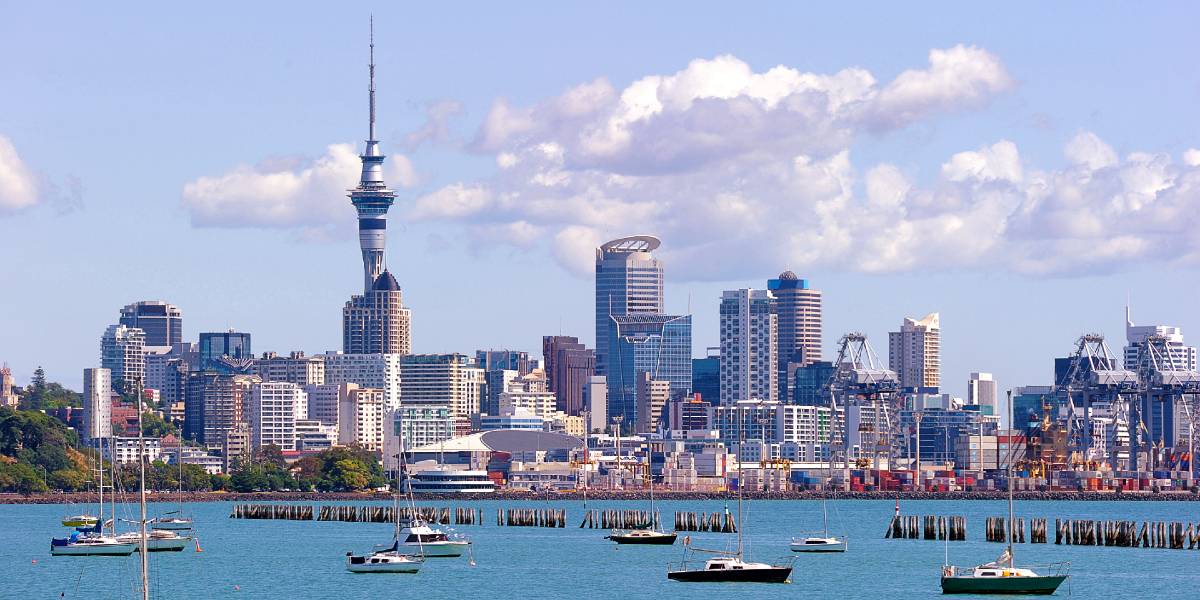The return of domestic and weekend leisure travel; key trends shaping the future of the travel industry
The hotel industry has been hit exceptionally hard by the coronavirus outbreak - commonly known as COVID-19 - leading to both global and domestic travel coming to a standstill, while major business and sporting events have been deferred or cancelled.
However, some promising signs of recovery in the hotel industry are being witnessed in China and South Korea - countries that were among the first to be affected by COVID-19 and have been successful in managing the effects in recent months. This, in turn, might help shed light on the potential path of recovery for other markets.
As the world slowly recovers from the effects of COVID-19, coupled with the gradual lifting of travel restrictions in several countries, hoteliers are now preparing their properties to re-open. However, hoteliers will need to note that the recovery will vary across properties as it is dependent on various factors. These include location, economic conditions, demand profile, chain scale, the extent of the opening of the travel market and the effectiveness of containment measures.
Nonetheless, there will be a few elementary areas to be considered by hoteliers as they plan for the reopening of their properties.
Destinations such as New Zealand with a considerable domestic travel market are expected to see a faster recovery than others
Domestic travel and weekend leisure to lead the way forward
Domestic travel will return first while international travel - particularly if it involves air travel - will take a longer time to recover. As such, destinations with a considerable domestic travel market that are less reliant on international travel demand and air travel are expected to see a faster recovery than others. Destinations which are advanced in establishing a wide travel bubble network should see a comparatively faster recovery.
Expected speed of recovery for destinations in Asia-Pacific and key risk factors
The weekend leisure segment is expected to lead the recovery, driven by the pent-up demand for travel as international travel restrictions and quarantine measures remain largely in place globally.
Underpinned primarily by essential business travel, the corporate travel segment is expected to be the next to return, followed by the extended leisure segment. Consumer and traveller confidence will increase over time, alongside the lifting of international travel restrictions.

Key drivers for travel market segment recovery and key risk factors
Meetings, incentives, conferences and exhibitions (MICE) and group segments are expected to return comparably slower, with the gradual lifting of travel restrictions and high adoption of technology as an effective platform for MICE activities. Wider consumer and businesses confidence would slowly recover, amongst others.
Related content: Colliers' Hotel Insights Q3 2020
The future of travel: Travel trends shaping the industry
#1 Emphasis on health and safety
What can hoteliers do to prepare for the re-opening of hotels?
Consumer confidence is key to economic recovery and the revival of travel. A cross-disciplinary approach towards hotel re-openings is therefore vital, so that hotels are well-positioned to build public trust and offer compelling product and service offerings. This would enable them to thrive in the new operating environment which will see an evolving customer mix and preferences.
Editor's note: This blog post was originally published in August 2020 and has been updated for relevance.
You may also like:
- A 10-point Guide for Hotels Re-opening After COVID-19
- Your Winning Move: Singapore Hotels
- 3 Burning Real Estate Questions Answered: Hotels & Leisure
Liked what you read? Subscribe to our mailing list for more thought-pieces on the latest in commercial real estate.
---
Article enquiries
Contact our Colliers Editorial team here.





